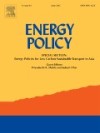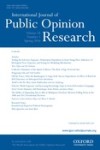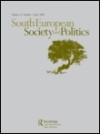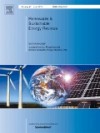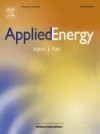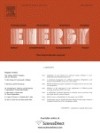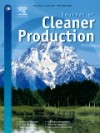Caparrós A., Ovando P., Oviedo J.L. & Campos P. (2011) Accounting for carbon in avoided degradation and reforestation programmes in Mediterranean forests. Environment and Development Economics 16(4): 405-428
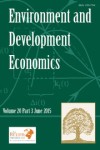
Abstract. After reviewing the Kyoto Protocol rules for carbon sequestration accounting and the different carbon accounting methods proposed in the literature for forest management, for reforestation and, more recently, for avoided deforestation or degradation, we discuss possible carbon accounting rules for a post-Kyoto world. We then apply the results of this discussion to micro-applications in an Annex I country (Spain) and in a non-Annex I country (Tunisia), comparing avoided degradation with reforestation alternatives.



